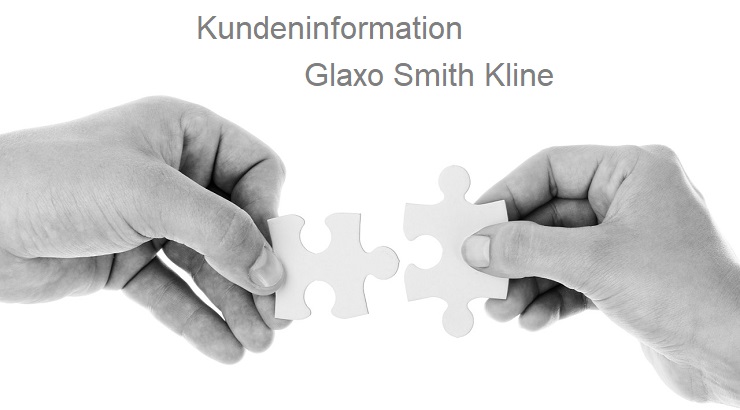New drug approvals are the holy grail for pharmas big and small, but a slate of regulatory nods doesn’t automatically translate to top performance.
In the last five years, the world’s top 11 drugmakers have brought 76 new meds to market, Evaluate Vantage said in a recent report. Novartis sits pretty in the No. 1 spot with a dozen green lights to its name, including those for gene therapy Zolgensma and the first-ever approved CAR T-cell therapy, Kymriah.
Bristol Myers Squibb rounds out last place with just three—and all of them courtesy of its $74 billion Celgene buyout.
Meanwhile, Roche, Eli Lilly and AbbVie seem to be getting the most out of their new launches, thanks to the advent of new and upcoming blockbusters like Roche and Lilly’s respective cancer drugs Tecentriq and Verzenio, plus AbbVie’s autoimmune up-and-comers Rinvoq and Skyrizi, Evaluate said.
Roche’s Tecentriq generated 2.7 billion Swiss francs (about $2.94 billion) in 2020, according to the company’s annual report. Lilly’s Verzenio ginned up $912.7 million for the year. And Rinvoq and Skyrizi pulled in $731 million and $1.59 billion, respectively, in 2020, AbbVie said earlier this year.
RELATED: Innovation on hold during the pandemic? FDA says no with 29 approvals in first half of 2021
It’s important to note that Evaluate’s analysis only covers projects owned by the companies when they were approved. The report doesn’t weigh the effects of drugs bought after approval, even though that’s a “legitimate way of building a pharma company,” Evaluate said.
The other piece of the R&D puzzle missing from the report? Expanding the use of existing drugs—a popular strategy in cancer and immunology, and especially relevant to Bristol Myers Squibb, which has been “heavily invested” in broadening the scope of its PD-1 med Opdivo over the past five years, Evaluate noted.
Beyond the Novartis and BMS bookends, the spread breaks down like this: Merck and Roche are neck-and-neck for second place with nine approvals apiece, while Eli Lilly boasts eight and Pfizer and GlaxoSmithKline each have seven. For its part, Sanofi has bagged six approvals in the last half-decade, while AbbVie, Johnson & Johnson and AstraZeneca all have five.
Roche, Lilly and AbbVie’s sales seem to be getting the biggest boost from approvals, with new launches accounting for more than a third of the net present value (NPV) for each drugmakers’ marketed products and new meds, Evaluate said.
Roche’s combined NPV sits at $217.22 billion, with nearly 65% of that coming from recent approvals; around 52% of Lilly’s NPV is fueled by new products at $105.24 billion; and AbbVie can credit about 36% of its $209.48 billion NPV on recent launches, according to the report.
RELATED: Bristol Myers Squibb’s CAR-T liso-cel wins long-delayed FDA nod
By that same metric, GSK doesn’t “come off too poorly in this analysis,” Evaluate said. About a third of its $128.56 billion NPV comes from recent approvals. Its NPV stats include two novel HIV meds that GSK splits with ViiV Healthcare.
While the company sits comfortably in the middle of the approval rankings, GSK’s marketed portfolio value is “second-smallest” ahead of Lilly, Evaluate said.
Glaxo and its leadership have come under fire in recent months thanks to a string of “serial” R&D setbacks, as SVB Leerink analyst Geoffrey Porges put it earlier this year. Meanwhile, activist investor Elliott Management has picked up a significant stake in the company and recently called for a leadership shake-up ahead of its planned consumer health spinoff.

